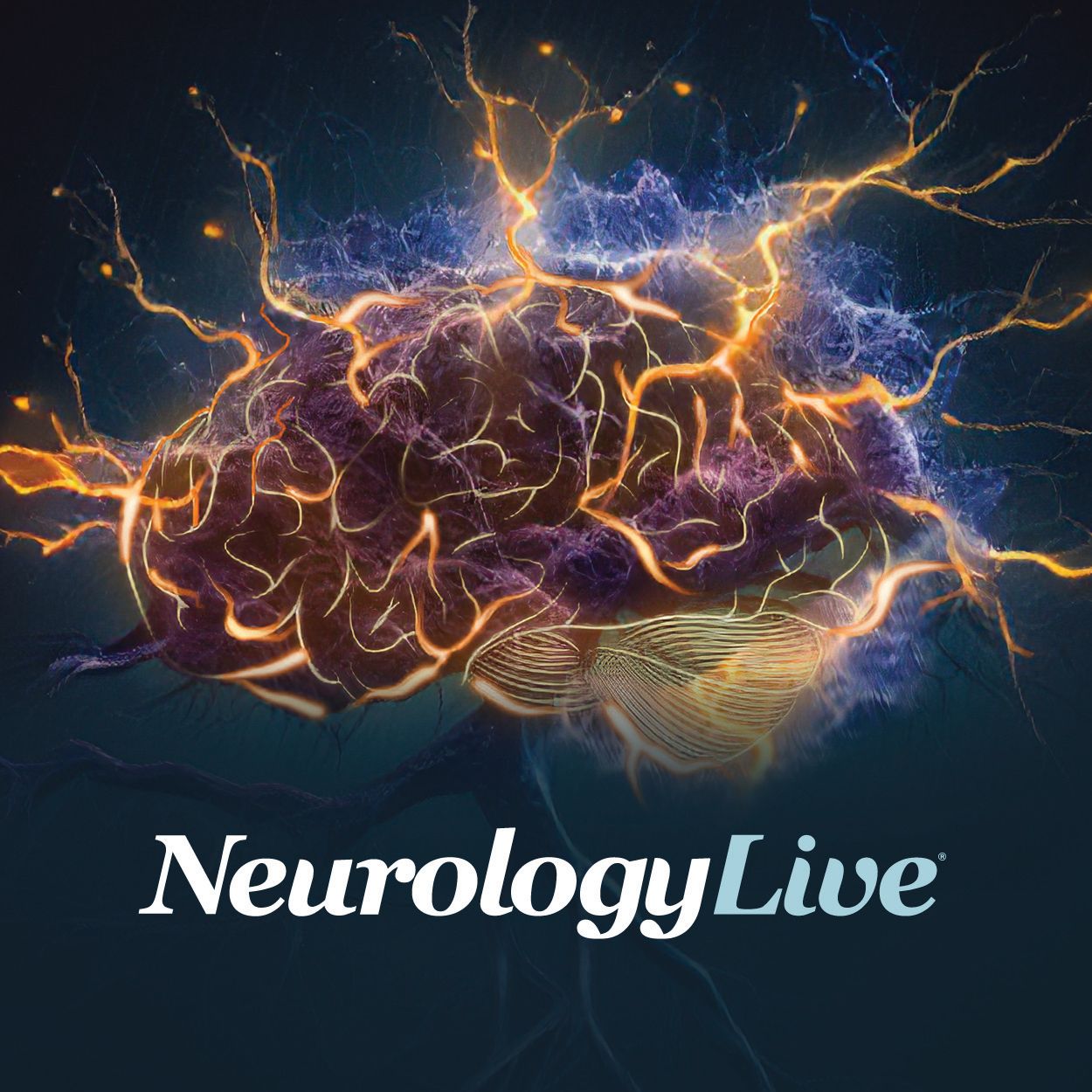A patient in the phase 2 DALIGHT trial (NCT05429372) assessing Pfizer’s investigational gene therapy fordadistrogene movaparvovec (PF-06939926) in boys with Duchenne muscular dystrophy (DMD) has suddenly passed away, the company wrote in a statement. Pfizer is currently gathering information and are actively working with the trial site investigator to understand what happened.1
DAYLIGHT is a multicenter, single-arm study assessing the safety and tolerability of the gene therapy in a small cohort of 10 boys aged between 2 and 4 years old with DMD. The boy, whose age was not disclosed, had been on the therapy since early 2023.
“We are devasted to learn of this heartbreaking loss and our hearts are with the boy’s family during this unimaginably difficult time. This tragic event painfully reminds us of the stakes of our mission and the importance of ensuring the utmost safety in all clinical trials,” Debra Miller, the founder and chief executive officer of CureDuchenne, told NeurologyLive®. “We recognize the tremendous courage of this family – and all families that participate in clinical trials – as we offer the support of the whole Duchenne community.”
Fordadistrogene movaparvovec, a recombinant adeno-associated virus, serotype 9 (AAV9) agent carrying a shortened version of the dystrophin gene, is also currently being assessed in the phase 3 CIFFREO study (NCT04281485), which completed dosing in 2023. Following the patient death, Pfizer has decided to pause dosing associated with the crossover portion of the trial, and will work with regulators and the independent external Data Monitoring Committee as it learns more about the event. Other than this pause in dosing, trial activities are continuing as scheduled, the company noted.
“The safety and well-being of the patients in our clinical trials remains our top priority, and we are committed to sharing more information with the medical and patient community as soon as we can. We are also aware that many in the patient community are hopeful about the potential benefit of fordadistrogene movaparvovec for the treatment of DMD, and we will continue to collect data from our trials to evaluate its ability to address this disease,” the Pfizer DMD gene therapy team wrote.1
Beyond CIFFREO, the dosing pause does not apply to other ongoing trials for the gene therapy as dosing has been completed for those studies. In DAYLIGHT, all patients are followed for 5 years after starting treatment, with the primary analysis occurring once all participants have completed 52 weeks. The study includes those with a confirmed diagnosis of DMD by genetic testing and excludes those with genetic abnormalities in the dystrophin gene. These can be any mutation affecting any exon between exon 9 and exon 13, inclusive; or a deletion that affects both exon 29 and exon 30; or a deletion that affects any exons between 56-71, inclusive.
READ MORE: Phase 3 Trial for Myotonic Dystrophy Agent AMO-02 To Begin Following FDA Meeting
CIFFREO, a phase 3 study comprised of approximately 99 boys with DMD, includes 2 cohorts: one that receives gene therapy at the start of the study, and the other that receives it after 1 year of placebo treatment. This study is primarily focused on efficacy, with change in the North Star Ambulatory Assessment as the primary outcome. Other outcomes include change in mini-dystrophin expression, serum creatine kinase, and the 10-meter run/walk test velocity, among others.
In December 2021, CIFFREO was paused to implement a protocol amendment following a fatal serious adverse event that occurred in a phase 1b study assessing fordadistrogene movaparvovec in a nonambulatory cohort. At the time of the pause, the independent external DMC reviewed the data, and the FDA subsequently placed the investigational new drug application on clinical hold.2
Regulatory and ethics approvals to resume the phase 3 CIFFREO study, including the FDA’s lift of its clinical hold, followed reviews of data and protocol amendments. The protocol amendments included a 7-day hospitalization period to enable close monitoring and management of patients following administration of the gene therapy. Pfizer noted it addressed the FDA’s questions related to the potency assay to enable the trial to proceed in the US.












